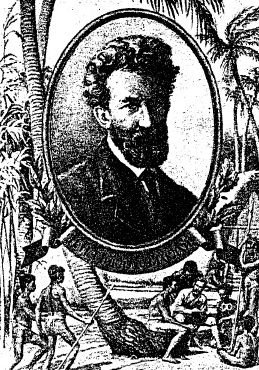Abstract
Keywords: globalization, the Bumiputera, Islamization, transmigration programs, Indonesia, Malaysia, Brunei.
During the period after the World War II, when globalization entered its modern faze, a row of theoretical works appeared where scholars analyze the phenomenon of globalization, review its history and represent their visions of its future trends. In the same time studying globalization researchers usually use only a global approach. No doubt it is a logical way, but it has such weak points as hyper-generalization and neglect of important details. Moreover, in the situation of the Post-Cold War reality, when globalization became a main stream of world development, the weak points of this approach even bring us to the threats of intercultural misunderstandings. It happened because after the Cold War the globalization entered the new, postmodern faze, when the phenomenon turned into the changeable mosaic of particular regional and local responds to the global challenges. It seems, the main characteristics of postmodern globalization mosaic are paradoxical numerousity and mutual vulnerability of its actors, as well as high speed changeability of those actors’ individual and group responds to particular global challenges. In such situation it seems reasonable to study the particular regional and local responds cases, which could help to see more objectively both the picture of whole mosaic and the nearest future trends of its change.
Taking into consideration all above mentioned, the target of current study is narrowed to the individual cases of the three Asia-Pacific regional actors of globalization, namely three new national states of Indonesia, Malaysia, and Brunei. In the period after World War II Indonesia, Malaysia, and Brunei didn’t play a significant role in the Asia-Pacific region. In the Post-Cold War period the situation changed: with collapse of Eastern bloc mutual vulnerability of all regional actors in Asia-Pacific highly increased. Such situation accordingly changed the regional and even global role of
In this research as a target of these states policies comparison the case of Borneo island was chosen, as soon as it gives a unique opportunity: the island territory is shared by those three nation states, and is populated by several indigenous and immigrant ethnic groups. This situation sometimes becomes a source of interethnic conflicts. For example, the Indonesian transmigration program that financed the relocation of poor landless families from Java, Madura, and Bali to
Igor Sitnikov











No comments:
Post a Comment